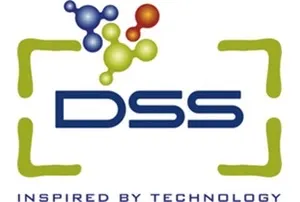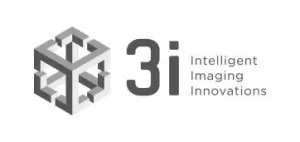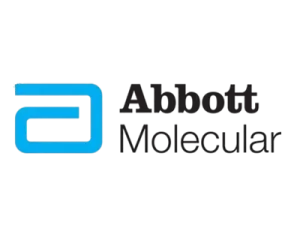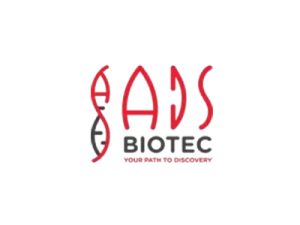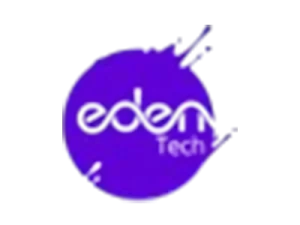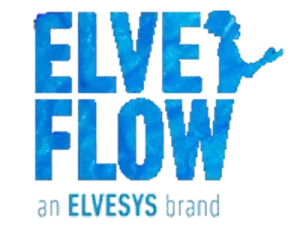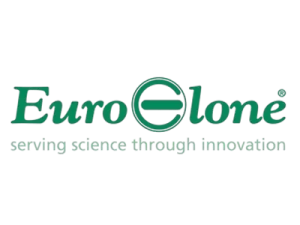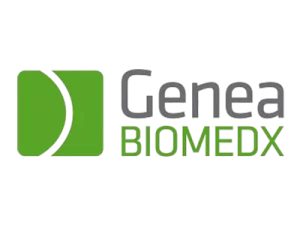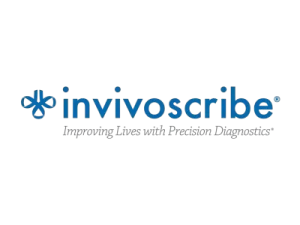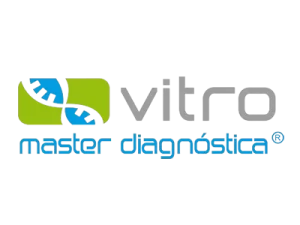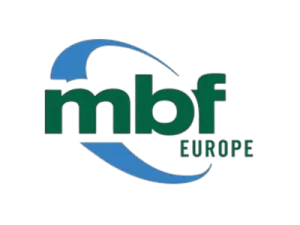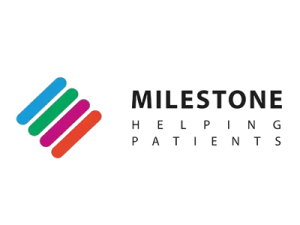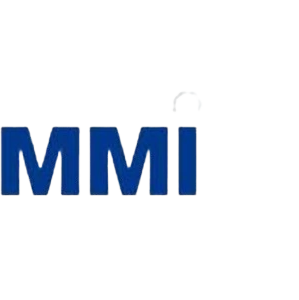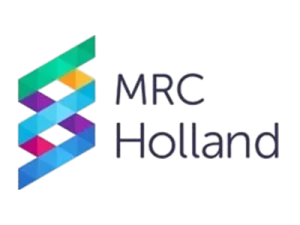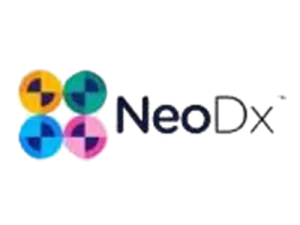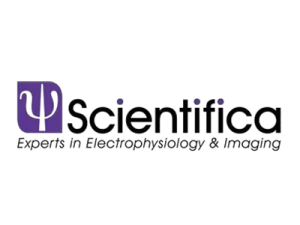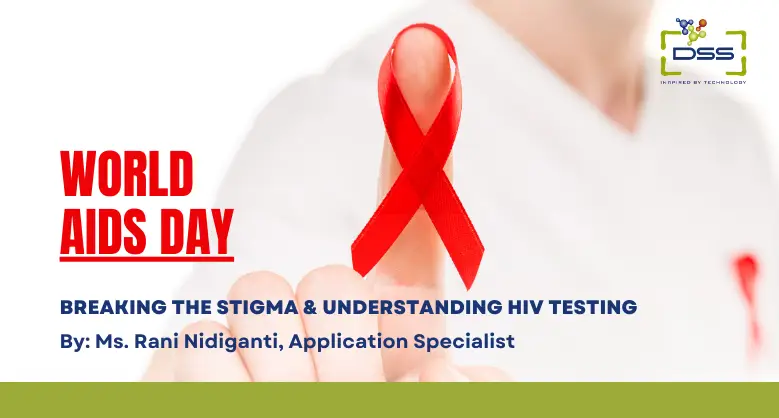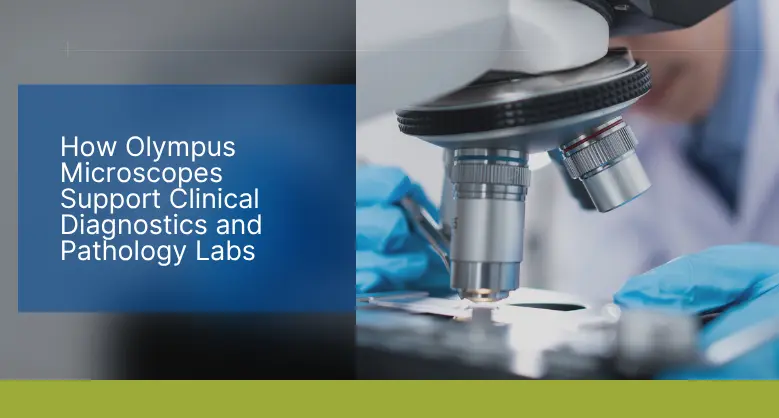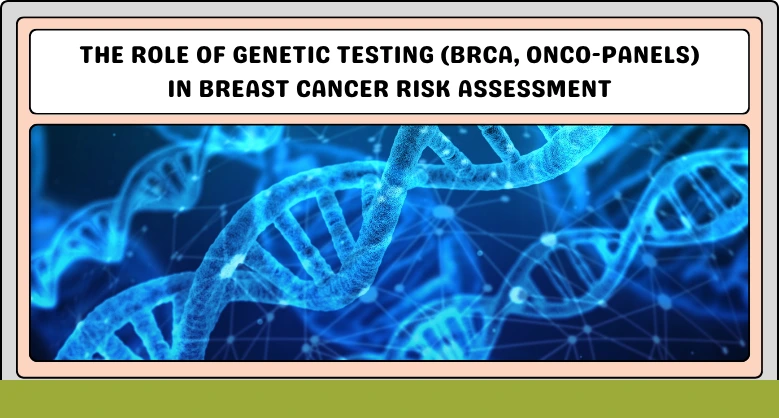DSS: Redefining Biotechnology & Life Science in India
- About Us
- Products & Services
PRODUCTS & SERVICES
-
Kits Reagents & Consumables
- Cytogenetics
- Dyes
- Fluorescence In Situ Hybridization (FISH)
- High-Performance Liquid Chromatography (HPLC)
- Histology
- Immuno Histo Chemistry (IHC)
- IVF Consumables
- Molecular Pathology & Diagnostics
- Multiplex Ligation-Dependent Probe Amplification (MLPA)
- Nucleic Acid Extraction
- PharmDx
- Real Time PCR
- Special Stains
- Instruments
- Software
- Accessories
- Advanced Material
-
Kits Reagents & Consumables
- Applications & Specialities
All Applications & Specialities
- Brands
- Contact Us
-

-
 0
0
- ☰
- About Us
- Products & Services
-
Kits Reagents & Consumables
- Cytogenetics
- Dyes
- Fluorescence In Situ Hybridization (FISH)
- High-Performance Liquid Chromatography (HPLC)
- Histology
- Immuno Histo Chemistry (IHC)
- IVF Consumables
- Molecular Pathology & Diagnostics
- Multiplex Ligation-Dependent Probe Amplification (MLPA)
- Nucleic Acid Extraction
- PharmDx
- Real Time PCR
- Special Stains
- Instruments
- Software
- Accessories
- Advanced Material
-
Kits Reagents & Consumables
- Applications & Specialities
- Brands
- Brand - Life Sciences
- 3i
- ABBERIOR INSTRUMENTS
- Abbott Molecular
- ADS Biotec
- APPLIED SPECTRAL IMAGING
- BioAir Tecnilabo
- DAKO (AGILENT)
- Eden Tech
- Elveflow
- ENTROGEN
- EUROCLONE
- EVIDENT
- Genea
- Hamamatsu Photonics
- Invivoscribe
- MASTER DIAGNOSTICA
- MBF BIOSCIENCE
- Medical Tek Co. Ltd
- MILESTONE MED SRL
- Molecular Machines & Industries
- MRC HOLLAND
- NeoDx
- Onward Assist
- Profound
- SCIENTIFICA
- SpaceGen
- Seqlo
- µCyte
- Brand - Industrial
- Brand - Life Sciences
- News & Events
- Career
- Contact Us
- Testimonial
- Blogs
- R&D
- CSR
- Press Release
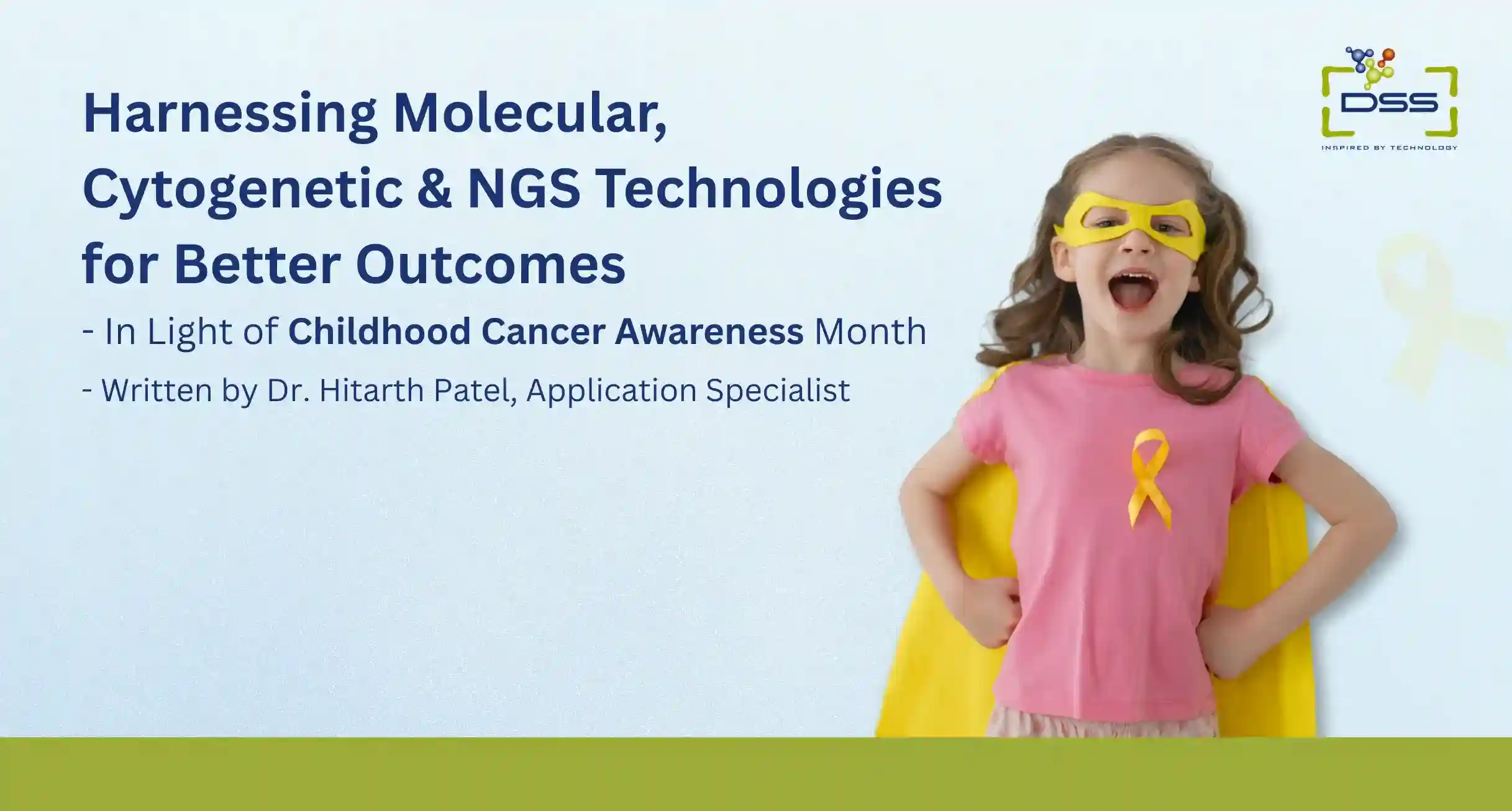
Harnessing Molecular, Cytogenetic and NGS Technologies for Better Outcomes In Light of Childhood Cancer Awareness Month
BY DSS Imagetech Pvt Ltd 22nd September 2025
Written by Dr. Hitarth Patel, Application Specialist
Every September, the world comes together for Childhood Cancer Awareness Month, represented by the gold ribbon. This month is dedicated to raising awareness, supporting families, and driving research to fight the leading cause of disease-related death among children.
While tremendous progress has been made, childhood cancers still present unique challenges compared to adult cancers. They often arise from different genetic drivers, respond differently to therapy, and require precise diagnostic approaches to guide treatment. Early and accurate diagnosis can be the difference between life and death.
At DSS Imagetech, we believe that innovation in diagnostics fuels hope. By offering advanced molecular assays, cytogenetic tools, and next-generation sequencing (NGS) solutions, we empower clinicians and researchers to decode childhood cancers at their roots.
Why Childhood Cancer Requires Special Focus
- Unique biology: Pediatric cancers are often driven by inherited mutations, structural chromosomal changes, or rare gene fusions rather than environmental exposures.
- Diagnostic complexity: Subtypes of leukemia, sarcomas, and brain tumors can be difficult to distinguish without precise molecular or cytogenetic testing.
- Survivorship challenges: Beyond survival, reducing treatment toxicity and long-term side effects is critical. Personalized therapy begins with accurate genomic profiling.
Globally, about 400,000 children are diagnosed with cancer every year, yet survival rates vary drastically between high-income and low-income countries. Advanced diagnostics can help close this survival gap.
Molecular Diagnostics: Unlocking the Genetic Blueprint
Molecular diagnostics allow us to go beyond morphology and histopathology, identifying mutations, copy number changes, and gene expression profiles. In childhood cancer, these tests provide both prognostic and therapeutic insights.
DSS Imagetech Solutions in Molecular Oncology: Invivoscribe: Standardizing Leukemia & Lymphoma Diagnostics
Invivoscribe is globally recognized for developing standardized reagents, assays, and bioinformatics tools for hematologic malignancies. In pediatric cancers, their products are widely used for:
- Leukemia/Lymphoma Gene Rearrangement (LGR) Assays
- Detect clonal rearrangements of T-cell receptor (TCR) and immunoglobulin (Ig) genes.
- Critical for diagnosing and classifying acute lymphoblastic leukemia (ALL) and pediatric lymphomas.
- Minimal Residual Disease (MRD) Monitoring
- Even when a child appears to be in remission, tiny populations of leukemic cells can remain.
- Invivoscribe’s MRD assays provide ultra-sensitive detection,enabling physicians to monitor therapy response and adjust treatments early.
- LeukoStrat® CDx FLT3 Mutation Assay
- Detects FLT3-ITD and TKD mutations, which are key markers in acute myeloid leukemia (AML)—seen in both children and adults.
- Helps guide use of FLT3-targeted therapies, bringing precision medicine to pediatric AML.
- Bioinformatics & Standardization
- Invivoscribe’s LymphoTrack® NGS Assays allow laboratories to perform high-throughput clonality and MRD testing with built-in analysis pipelines.
- Ensures results are consistent, reliable, and globally comparable, which is vital in multi-center pediatric oncology studies.
MRC Holland: Precision Copy Number & Methylation Profiling
MRC Holland MLPA® in Childhood Disorders & Cancers
- Spinal Muscular Atrophy (SMA)
- SMA is one of the most common genetic causes of infant mortality.
- It is caused by deletions or mutations in the SMN1 gene and influenced by SMN2 copy number.
- MLPA assays (P021/P060 SMA kits) precisely detect SMN1 deletions/duplications and determine SMN2 copy number, which directly correlates with disease severity.
- This is critical for diagnosis, carrier testing, and therapy decisions (e.g., gene therapy and antisense oligonucleotide treatment).
- Duchenne Muscular Dystrophy (DMD)
- DMD is the most common childhood muscular dystrophy, caused by mutations in the DMD gene on the X chromosome.
- Around 70% of DMD mutations are large deletions/duplications, which cannot be detected by sequencing alone.
- MLPA DMD kits (P034/P035) cover all 79 exons of the DMD gene, enabling rapid identification of these mutations.
- This aids in confirming diagnosis, carrier testing in families, and selecting patients for exon-skipping therapies.
MLPA in Childhood Cancers
MLPA plays a major role in pediatric oncology research and diagnostics, especially in identifying copy number changes that define prognosis:
- Neuroblastoma
- Detection of 1p deletion, 11q deletion, 17q gain, and MYCN amplification.
- These markers stratify patients into low-, intermediate-, or high-risk categories, guiding therapy intensity.
- Retinoblastoma
- MLPA identifies RB1 deletions/duplications in tumor or blood samples.
- Essential for distinguishing between hereditary and sporadic forms, which affects family counseling and surveillance.
- Leukemia (ALL/AML)
- MLPA can detect deletions in IKZF1, PAX5, CDKN2A, ETV6, etc.
- These deletions are linked with poor prognosis in pediatric ALL and help refine treatment strategies.
- Brain Tumors (e.g., Medulloblastoma, Gliomas)
- MLPA can assess relevant copy number changes and methylation signatures that classify tumors into subgroups, which is now a standard in pediatric neuro-oncology.
- Methylation-Specific MLPA (MS-MLPA)
- Helps detect epigenetic silencing in tumor suppressor genes.
- Important for conditions like Wilms tumor and certain sarcomas, where methylation changes act as diagnostic biomarkers.
EntroGen: Driving Targeted Mutation Detection in Childhood Cancers
EntroGen develops real-time PCR and NGS-based kits for oncology diagnostics. Their products align perfectly with the genetic drivers of pediatric cancers:
- Leukemia Mutation Analysis
- EntroGen’s assays detect FLT3, NPM1, IDH1/2, and JAK2 mutations, all relevant in pediatric AML.
- These mutations guide prognosis and help select targeted therapies.
- Fusion Gene Detection
- Pediatric leukemias often involve fusions like BCR-ABL1, ETV6-RUNX1, and KMT2A (MLL) rearrangements.
- EntroGen provides reliable qPCR and NGS-based detection, ensuring rapid and accurate classification of ALL subtypes.
- Solid Tumor Panels
- Panels targeting ALK, ROS1, BRAF, and RAS mutations are applicable in pediatric neuroblastoma, gliomas, and sarcomas.
- These markers open doors for targeted therapy in otherwise treatment-resistant tumors.
- NGS Oncology Panels
- EntroGen’s OncoNGS™ assays provide wide coverage of clinically actionable mutations across pediatric and adult cancers.
- They are optimized for formalin-fixed samples, which are often used in routine pathology labs.
With EntroGen, DSS Imagetech enables clinicians to move from broad tumor classification to mutation-specific treatment, a critical step in personalized medicine for children.
Cytogenetics: Seeing Cancer Through Chromosomes
Cytogenetics remains indispensable in pediatric cancer diagnosis. Many childhood cancers are driven by structural chromosomal abnormalities, such as translocations, deletions, or duplications. For example:
- t(12;21) ETV6-RUNX1 in childhood ALL indicates a favorable prognosis.
- t(8;14) MYC translocation is hallmark for Burkitt lymphoma.
- ALK rearrangements are seen in pediatric neuroblastoma.
DSS Imagetech Cytogenetic Solutions:
- Abbott Vysis FISH Probes
- Gold-standard for detecting translocations, amplifications, and deletions in pediatric leukemias and sarcomas.
- Enables rapid, accurate results compared to traditional karyotyping.
- ADS Biotec Automation
- Provides automated cytogenetic workflows, including slide preparation, hybridization, and analysis.
- Ensures reproducibility, efficiency, and faster turnaround—critical when dealing with aggressive childhood cancers.
- Applied Spectral Imaging (ASI) Platforms –
- HiBand: AI-powered digital karyotyping for accurate chromosome classification.
- HiFISH: Automated FISH analysis with standardized signal detection and reporting.
- CytoPower: An all-in-one solution combining karyotyping and FISH for streamlined workflows.
- HiSKY: Spectral karyotyping for advanced research and resolving complex chromosomal abnormalities.
Cytogenetics not only helps in initial diagnosis but also in monitoring disease progression and detecting relapse.
Bringing it all together:
- MRC Holland = copy number & methylation profiling → risk
stratification - EntroGen = mutation & fusion detection → therapy selection
- Invivoscribe = clonality & MRD monitoring → relapse detection
- Abbott Vysis + ADS Biotec + ASI Platforms = cytogenetics → chromosomal insight
This trio (MRC Holland, EntroGen, Invivoscribe) makes DSS Imagetech’s story very strong in childhood cancers because it covers diagnosis, prognosis, treatment guidance, and follow-up.
Childhood Cancer Awareness Month: DSS Imagetech’s Commitment
Childhood Cancer Awareness Month is more than a campaign – it’s a call to action. At DSS Imagetech, we are proud to support the pediatric oncology community by:
- Providing advanced diagnostic tools that improve accuracy and turnaround times.
- Collaborating with hospitals, diagnostic labs, and research institutions to make molecular and NGS testing more accessible across India.
- Empowering clinicianswith reliable assays for early detection, prognosis, and relapse monitoring.
Conclusion
Childhood cancers may be rare, but their impact is profound. By combining molecular diagnostics, cytogenetics, and NGS technologies, we can move closer to a future where every child receives an accurate diagnosis, the right treatment, and the best chance at survival.
This September, as we observe Childhood Cancer Awareness Month, let us recommit to advancing pediatric oncology through science, collaboration, and compassion. Together, with innovation and determination, we can turn the gold ribbon into a symbol of hope and cure.
FAQ’s:
Q1. Why does childhood cancer require special focus compared to adult cancers?
Childhood cancers often arise from inherited mutations, chromosomal changes, or rare gene fusions rather than environmental factors. They also present unique diagnostic and therapeutic challenges, requiring precise molecular and cytogenetic testing.
Q2. How do molecular diagnostics improve outcomes in childhood cancer?
Molecular diagnostics provide insights beyond traditional pathology by identifying mutations, copy number changes, and gene expression profiles. These help in prognosis, treatment selection, and monitoring therapy effectiveness.
Q3. What role does cytogenetics play in pediatric oncology?
Cytogenetics identifies chromosomal abnormalities such as translocations, deletions, and duplications, which are critical for diagnosing, risk stratifying, and monitoring pediatric cancers like leukemia, sarcomas, and neuroblastomas.
Q4. Which technologies does DSS Imagetech provide to support childhood cancer diagnosis and treatment?
DSS Imagetech offers advanced solutions including Invivoscribe assays for leukemia diagnostics, MRC Holland MLPA® for copy number and methylation profiling, EntroGen assays for mutation and fusion detection, and Abbott Vysis FISH probes for cytogenetic analysis.
Q5. How can advanced diagnostics help bridge the survival gap in childhood cancer globally?
While around 400,000 children are diagnosed with cancer each year, survival rates differ drastically between countries. Access to advanced molecular and cytogenetic diagnostics enables earlier and more accurate diagnosis, guiding effective treatment and improving survival rates worldwide.
Latest Articles
World AIDS Day: Breaking the Stigma and Understanding HIV Testing
BY DSS Imagetech Pvt Ltd December 1, 2025
Worlds AIDS Day 2025 focuses on the theme “Overcoming disruption, transforming the AIDS response.” Highlighting the need for a stronger, more resilient approach to end the epidemic. This theme acknowledges...
Read MoreHow Olympus Microscopes Support Clinical Diagnostics and Pathology Labs
BY DSS Imagetech Pvt Ltd November 26, 2025
In the world of modern medicine, the clinical diagnostics laboratory is the engine room of the healthcare system. It is a high-stakes, high-pressure environment that operates largely unseen by the...
Read MoreThe Role of Genetic Testing (BRCA, Onco-panels) in Breast Cancer...
BY DSS Imagetech Pvt Ltd November 18, 2025
Breast cancer is a complex and deeply personal diagnosis that will affect many women in their lifetime. For decades, our primary approach was reactive: focusing on awareness, monthly self exams,...
Read More
